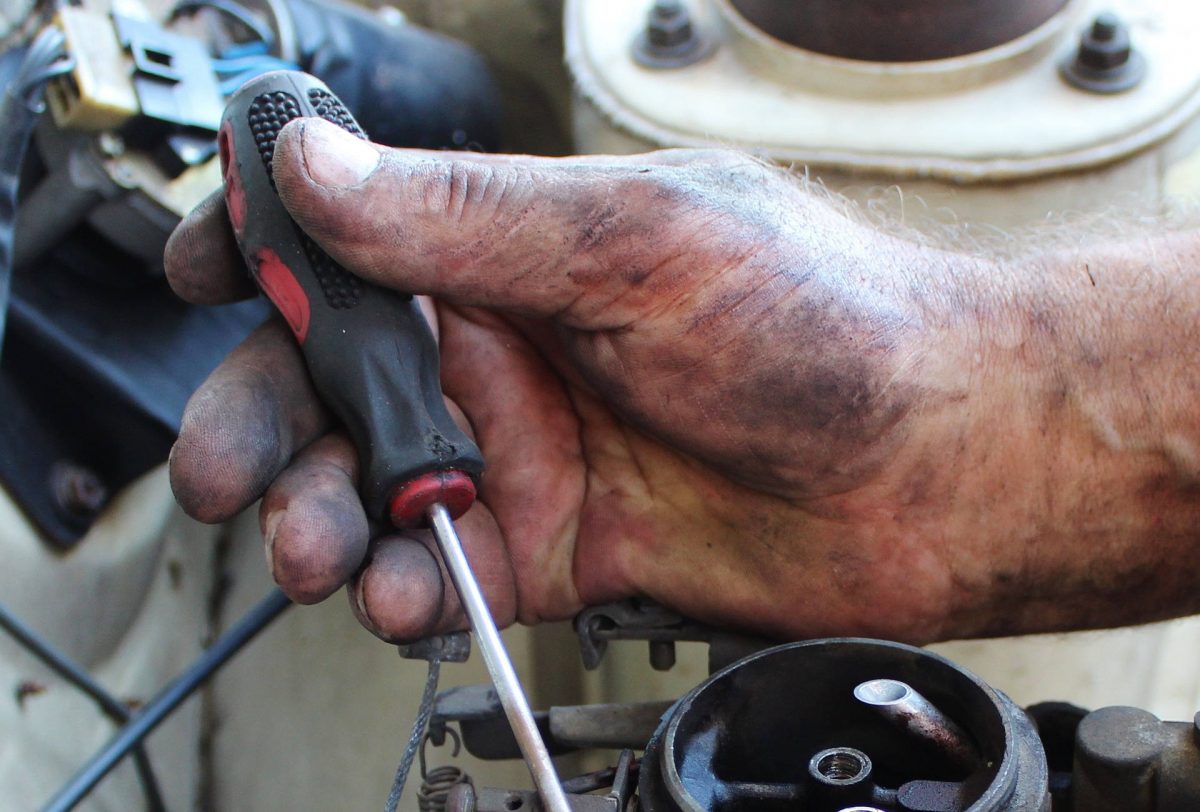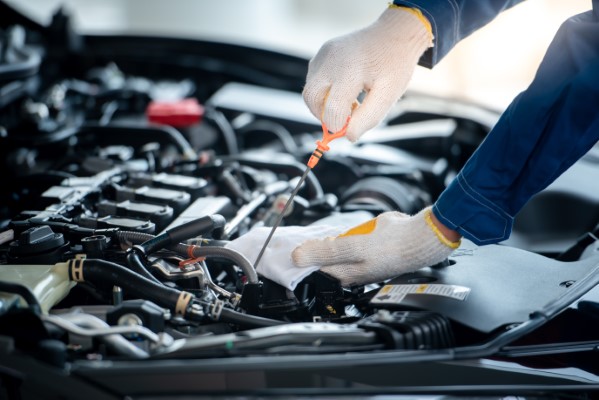
When it’s time to sell your car, getting the best possible resale value can be tricky. Whether you’re upgrading to a new vehicle or simply looking to sell your current one, taking steps to maintain and enhance your car’s value can make a big difference when it comes to pricing. While depreciation is inevitable, there are several things you can do to slow down the process and maximize your car’s worth when it’s time to sell. So, how can you improve your car’s resale value?
1. Regular Maintenance is Key
One of the most important factors in maintaining your car’s resale value is regular maintenance. Buyers want a car that’s been well taken care of, and showing proof of consistent service can increase your vehicle’s worth. Routine oil changes, brake inspections, and fluid top-ups help keep your car running efficiently and reduce wear and tear on the engine and other components.
Keeping all your service records organized and readily available is a great way to build trust with potential buyers. If they see that you’ve stayed on top of your car’s maintenance schedule, they’ll be more likely to believe that the vehicle has been well cared for, which could lead to a better price.
2. Keep It Clean—Inside and Out
A clean car isn’t just about aesthetics—it’s a reflection of how the car has been treated throughout its life. Regularly washing and waxing your car can protect the paint job from harmful elements like dirt, grime, and UV rays, which can cause fading and damage over time. Don’t forget about the interior, either. A clean interior with no stains, odors, or worn upholstery will always make a better impression on potential buyers.
If you have kids or pets, the interior can take a lot of wear. Cleaning up spills and using seat covers can protect your car’s upholstery and carpet. Don’t forget about the dashboard and other surfaces that can crack and fade—clean and condition these areas regularly to keep everything looking fresh.
3. Address Repairs Quickly
While it can be tempting to let small issues slide, it’s important to address any necessary repairs as soon as possible. Ignoring minor problems like a faulty light, a small dent, or a strange noise can lead to bigger (and more expensive) problems down the road, all of which will hurt your resale value.
Buyers are often wary of purchasing a car with unresolved issues, and they’ll likely use any damage or wear as leverage to negotiate a lower price. By fixing small problems as they arise, you’ll prevent them from becoming major concerns and make your car more appealing when it’s time to sell.
4. Invest in Minor Upgrades
Small upgrades can make a big difference in how potential buyers perceive your car. If your car is an older model, consider replacing outdated components with more modern features, such as a new stereo system, backup camera, or upgraded lighting. While you don’t want to overinvest in expensive modifications, affordable updates can make your car more competitive in the resale market.
Other potential upgrades include adding new floor mats, replacing worn tires, or upgrading your headlights to more efficient LED models. These little touches will not only improve the car’s appearance but also make the driving experience more enjoyable for the next owner.
5. Take Care of Your Tires and Brakes
Tires and brakes are two of the most crucial safety features in any vehicle, and buyers will pay close attention to their condition. Ensuring that your tires are properly inflated, rotated, and replaced when necessary will not only improve your car’s safety but also its resale value.
Similarly, maintaining your brakes and replacing worn brake pads or discs when needed is essential for keeping your car in good condition. If your tires or brakes are visibly worn or squeaking during a test drive, you’re likely to lose out on potential buyers—or at least face demands for a price reduction.
6. Keep Your Car Mileage Low
While this may not always be in your control, it’s worth noting that lower mileage typically leads to a higher resale value. Buyers tend to view low mileage as a sign that the car hasn’t been overworked and still has plenty of life left. If you have the opportunity, consider limiting your car’s mileage by using alternative transportation for short trips or non-urgent errands.
If keeping mileage low isn’t feasible, make sure your car’s mechanical condition and maintenance records reflect that it’s still in great shape, even with higher mileage.
7. Document Everything
Keeping thorough documentation of your car’s history is one of the best ways to prove its value to potential buyers. From service records to repair receipts, any proof that shows you’ve taken good care of the vehicle can build confidence and justify a higher price. If you’ve made any upgrades or major repairs, such as replacing the timing belt or upgrading the stereo, make sure to include those receipts as well.
Even something as simple as maintaining regular oil changes can go a long way toward showing buyers that the car has been kept in top condition.
Looking to improve your car’s resale value? Stop by Auto Excel for affordable maintenance and repair services. We’ll help you maximize your car’s worth with professional care and attention to detail.




